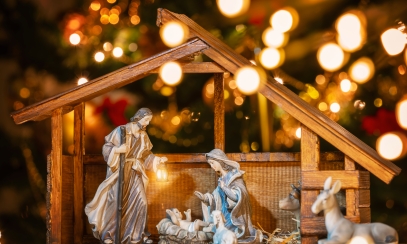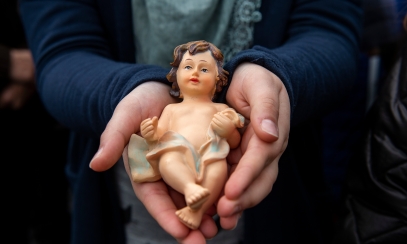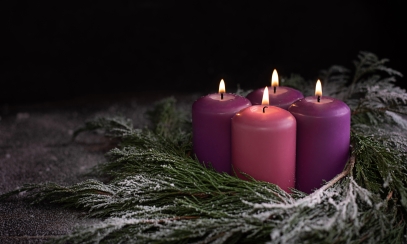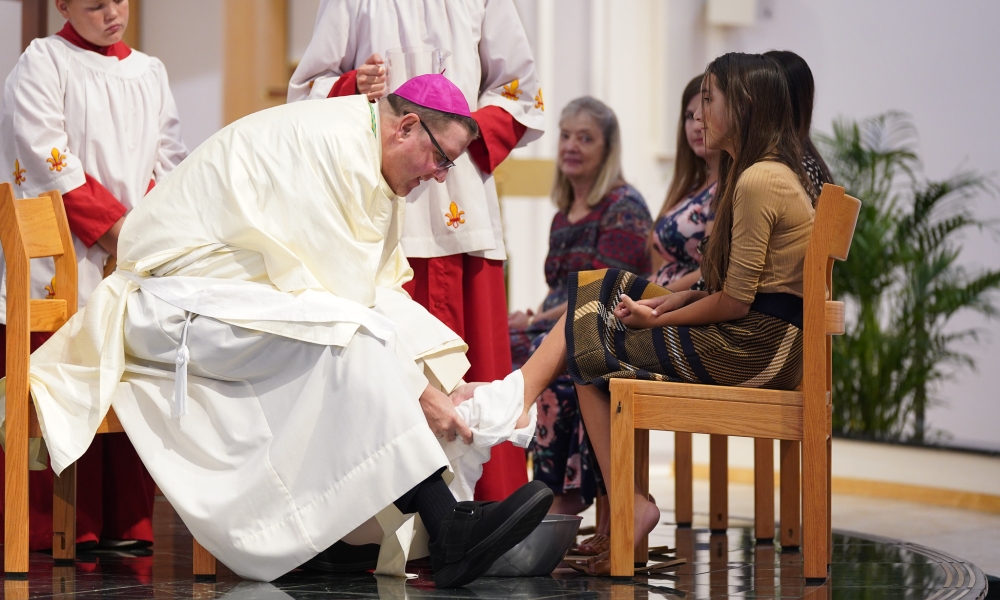
Holy Week Can Transform Us
Next week, the Church invites us to enter more intentionally into the mystery of our salvation. Traditionally, we call these days leading up to the celebration of Easter, Holy Week. But what makes it holy? And why should we participate?
Next week, the Church invites us to enter more intentionally into the mystery of our salvation. Traditionally, we call these days leading up to the celebration of Easter, Holy Week. But what makes it holy? And why should we participate?
As Catholics, we are familiar with the changes of liturgical seasons and with the various feast days we are invited to celebrate. In embracing the sanctification of time, we are called to recognize the ways that the Lord works in time in order to draw us to Himself.
The more we allow ourselves to be drawn through the concrete signs we see and experience throughout our lives, the more we grow in holiness.
But as St. Paul reminds us in his letter to the Galatians, “when the fullness of time had come, God sent his Son, born of a woman, born under the law, to ransom those under the law, so that we might receive adoption.” This is the central mystery of our faith—the definitive act of love in time of a God who so desires to reconcile us to Himself that He gave us His only son. The Church has called this act of love the Paschal Mystery, which points us to Jesus’s passion, death, and resurrection. What makes Holy Week holier than all the other weeks of the year is the way that we are invited to be drawn into the Paschal Mystery, into the passion, death, and resurrection of Jesus.
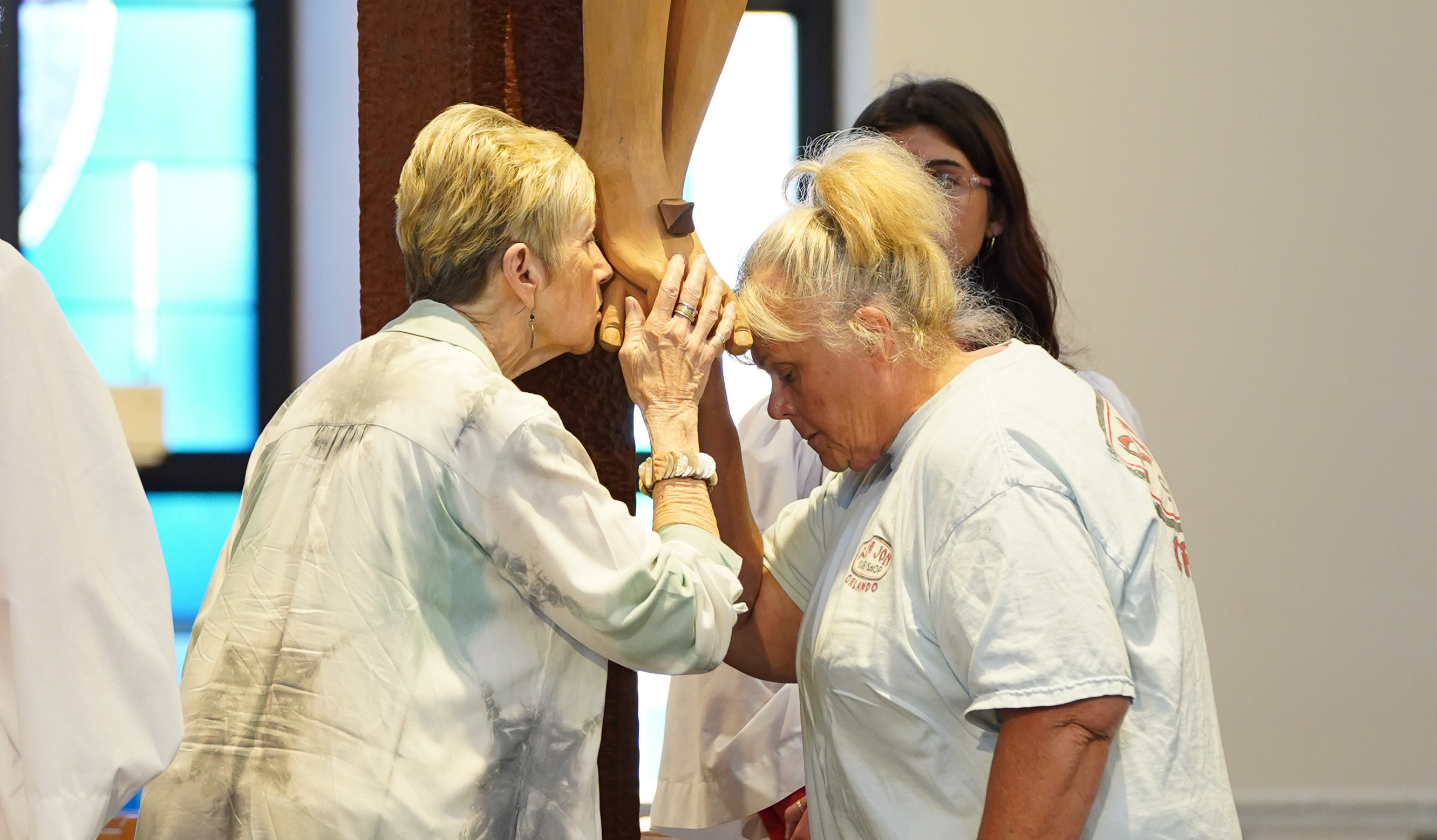
Over the course of the celebration of Palm Sunday, Holy Thursday, Good Friday, and Easter Sunday, we are not just asked to reflect on this mystery, but to live it out.
The excitement of Jesus’ joyful entry into Jerusalem; the washing of the disciples’ feet; the arrest and betrayal of Jesus; the drama of the Last Supper and the institution of the Eucharist; our Lord’s scourging, being crowned with thorns, and ultimately being forced to carry His cross; the death of our Savior as a sacrificial victim for our sake; and finally, His resurrection from the dead—all of these things are lived out in a particular way during these days.
By participating in these powerful celebrations, we allow ourselves to be drawn in to the mystery of God’s love for us and transformed by that love. If you have never experienced these liturgies for yourself, I would invite you to do so.
As we prepare to journey with Christ into Jerusalem on Palm Sunday, a journey that will ultimately lead to the cross, we should be reminded of the words from the Angelus, “that we, to whom the Incarnation of Christ was made known by the message of an Angel, may by His passion and cross be brought to the glory of his resurrection.”

